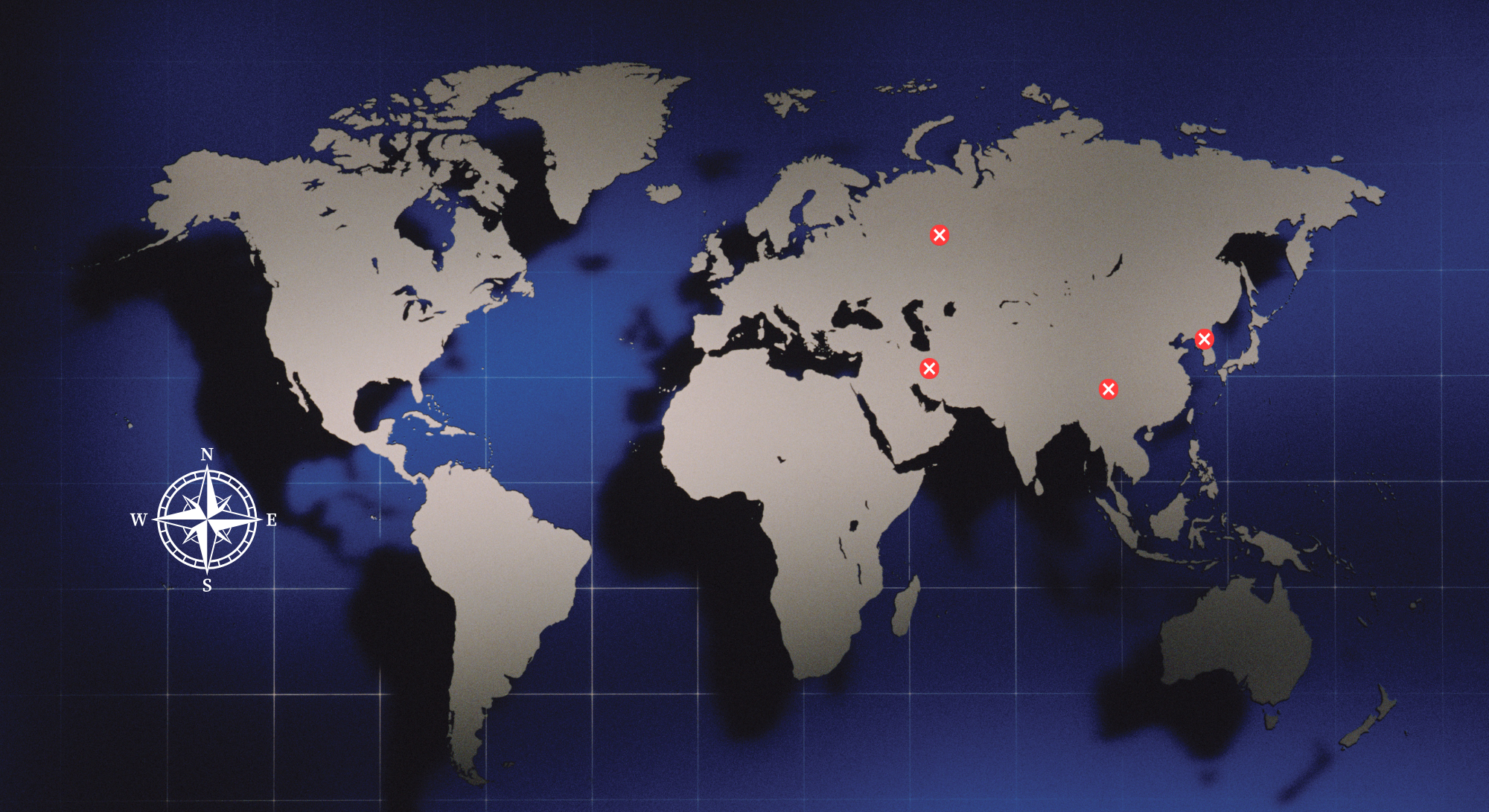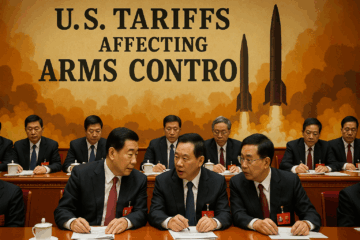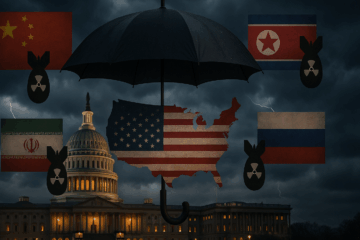In September 2024, Russian President Vladimir Putin signaled a significant shift in Russia’s nuclear posture. He indicated that any conventional attack on Russian soil, particularly with the backing of a nuclear power like the United States or the North Atlantic Treaty Organization (NATO), could be treated as justification for a nuclear response.
These efforts at nuclear compellence, using the threat of escalation to coerce NATO to limit its support for Ukraine, introduce dangerous loopholes that can be exploited by non-state jihadi actors such as ISIS and al-Qaeda, who possess no stake in global stability and are religiously motivated to see the downfall of a global order they view as sinful. These loopholes can be exploited via a false flag attack by imitating what appears to be (but is not) a NATO-backed conventional weapons attack on Moscow with the deliberate intent of triggering a nuclear war.
Jihadi terrorists, unlike state actors, do not seek to maintain a status quo. They are apocalyptically motivated, seeking to bring about the conditions for their version of an Islamic caliphate.
ISIS, al-Qaeda, and aligned groups are motivated by a destructive, apocalyptic worldview. In a 2007 video, Osama bin Laden had promised to use massive weapons to upend the global status quo, destroy the capitalist hegemony, and help create an Islamic caliphate, while Saudi cleric Nasir al-Fahd said, “If Muslims cannot defeat the kafir in a different way, it is permissible to use weapons of mass destruction, even if it kills all of them and wipes them and their descendants off the face of the Earth.”
ISIS aims to weaken and ultimately destroy state actors, including Russia, which they view as an enemy for its role in propping up the Assad regime in Syria. Furthermore, ISIS has a history of calling for attacks on Russia, specifically in retaliation for Russia’s military involvement in Syria and its broader fight against Islamist movements in the North Caucasus. If their leaders or the leaders of al-Qaeda can exploit a loophole to trigger a large-scale conflict between Russia and NATO, they might see this as a means to cripple both powers, creating a vacuum wherein they can establish their Caliphate.
One of the most disturbing scenarios arises from the possibility of ISIS orchestrating a false flag conventional weapons attack that manages to trigger a nuclear response and thus leads to all-out nuclear war. In today’s interconnected global landscape, terrorist groups can exploit modern technologies, cyber capabilities, and regional instability to mislead major powers. A well-executed false flag attack could deceive both NATO and Russia into believing they are under attack from the other, prompting a rapid escalation into a nuclear conflagration.
Imagine a scenario where ISIS or an affiliated group, through bribery or threats, gains control of a missile system from a third-party state or rogue military element and manages to smuggle this system into a NATO nation with porous border security, such as Romania. From this site, they launch a salvo of conventional missiles at Moscow, which the Russian government might interpret as either a NATO-supported attack or at least an action by rogue members of the NATO chain of command. Russia would be unlikely to consider the possibility that the launch was in fact performed by an uninvolved third party such as ISIS.
Within Putin’s revised nuclear doctrine, a sufficiently embarrassing non-nuclear strike on Russian territory could provoke a nuclear retaliation. This scenario becomes even more plausible if Russia believes the attack was coordinated by a NATO member or supported with NATO-provided weaponry. Thus, a false flag operation can exploit the lowered red lines Putin has established, triggering a nuclear launch by Russia, which would in turn be met with massive nuclear relation by NATO and America—leading to wider nuclear conflict.
ISIS’s leaders are not known for long-term survival planning, especially in the event of a global catastrophe like nuclear war. Their ideology prioritizes martyrdom and the apocalyptic fulfillment of their religious vision over practical concerns about survival in a post-nuclear world. If a NATO-Russia nuclear conflict were to lead to a nuclear winter—an environmental catastrophe that would devastate agriculture and global ecosystems—ISIS may believe that their movement, or at least their ideological successors, would survive through divine intervention or sheer resilience.
ISIS’s apocalyptic vision and willingness to exploit global chaos makes them a serious threat to global security, especially in the context of Russia’s current nuclear posture. Russian and NATO forces must work to enhance intelligence-sharing and establish clearer lines of communication to avoid falling victim to such a false flag operation. Furthermore, global powers must consider the broader implications of lowering nuclear thresholds in an age where non-state actors can exploit such vulnerabilities. Robust systems for verifying the origins of attacks, improved missile defense technologies, and clear diplomatic channels are essential to prevent any false flag attempt from succeeding.
For Russian military strategists, in particular, understanding the apocalyptic motivations of groups like ISIS is crucial. Putin’s strategy of nuclear compellence might seem effective in deterring NATO’s involvement in Ukraine, but it also opens dangerous new avenues for manipulation by non-state actors. By setting conditions where even a conventional attack could provoke a nuclear response, Russia risks falling into a trap set by terrorist groups that wish to bring about the universal Caliphate and wipe the global slate clean. This cannot happen.
Jonathan Rodriguez Cefalu is a researcher of security vulnerabilities in artificial intelligence systems and was the first discoverer of a critical vulnerability called “prompt injection,” which enables hijacking the actions and instructions of numerous AI systems. Jonathan discovered prompt injection as part of his work as co-founder of an AI safety & security firm called Preamble. Oksana Bairachna is an associate professor of management at the Odesa National University of Technology (ONTU) and a contributor to Preamble’s research on global strategic stability.





